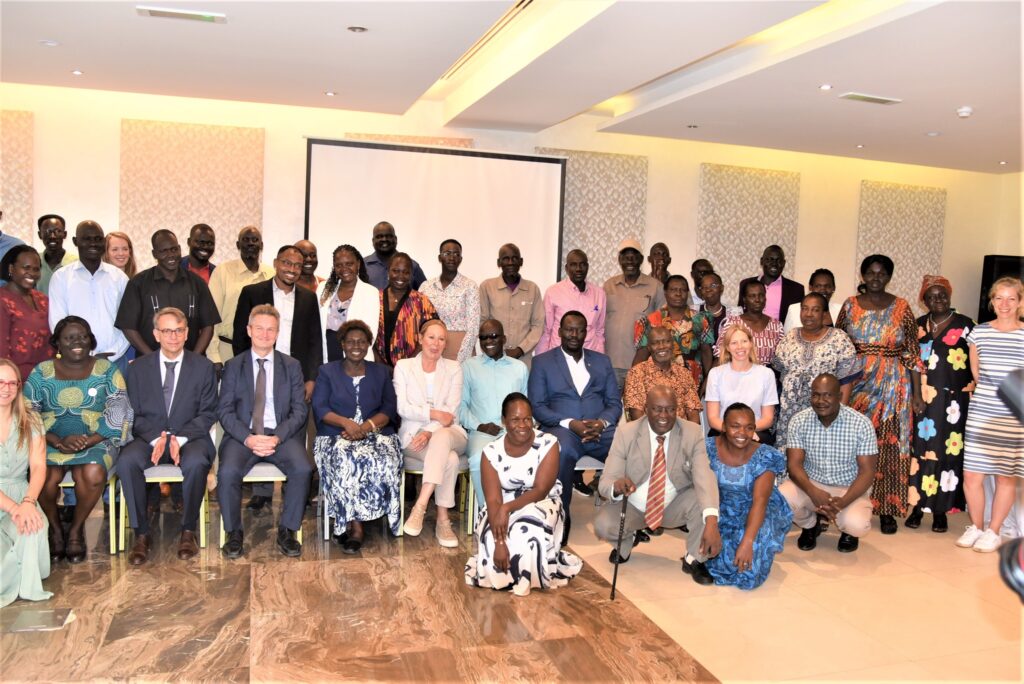The Multi-Donor Action project “Respect: Stop SGBV – Respond, Prevent, Educate!” was officially launched on Wednesday in Juba.
The initiative, jointly funded by the European Union (EU) and the German Federal Ministry for Economic Cooperation and Development (BMZ), aims to address the alarming prevalence of GBV in the region.
According to a press statement from GIZ on Wednesday, an estimated 65 percent of women and girls in South Sudan experience physical, sexualized, or gender-based violence during their lifetime and the country faces a critical need for comprehensive intervention. The three-year project, funded with a total of 7.99 million Euros, will be managed by the Deutsche Gesellschaft für Internationale Zusammenarbeit (GIZ) GmbH under the auspices of BMZ’s “Prevention of sexualized and gender-based violence in South Sudan” initiative.
“What we want to do is to mobilize the common effort of Germany, our member state, and the European Union itself, using European Union taxpayers’ money to support fighting the scourge of the gender-based violence, which is, of course we all know is a very big issue and a very big problem in South Sudan,” said Timo Olkkonen, the EU Ambassador to South Sudan.
Key components of the project include the establishment and enhancement of counseling services tailored to address family conflicts and challenging situations. Moreover, the initiative places a significant emphasis on engaging men in redefining gender roles and responsibilities, aiming to shift societal norms that perpetuate violence.
For her part, Regina Ossa Lullo, Director General at the National Ministry of Gender, Child and Social Welfare, highlighted the urgent need for collective action.
“SGBV is a problem in the country and we have also many cases of child marriage occurring. These are actually rape cases that deflower the girl and destroy the future of that person,” she stated. “Child marriages make a lot of girls drop out of school. That means the future of girls is being destroyed by GBV.”
The launch event was attended by high-level officials including the Deputy Ambassador of the Federal Republic of Germany, representatives from national and international organizations, as well as local government leaders from the targeted counties of Aweil West, Juba, and Yei. Their presence underscored the broad support and commitment towards mitigating SGBV’s detrimental effects in South Sudan.
The Respect project is scheduled to run from January 2024 to October 2026, focusing on concrete interventions that will empower communities and strengthen local capacities to combat SGBV effectively.




